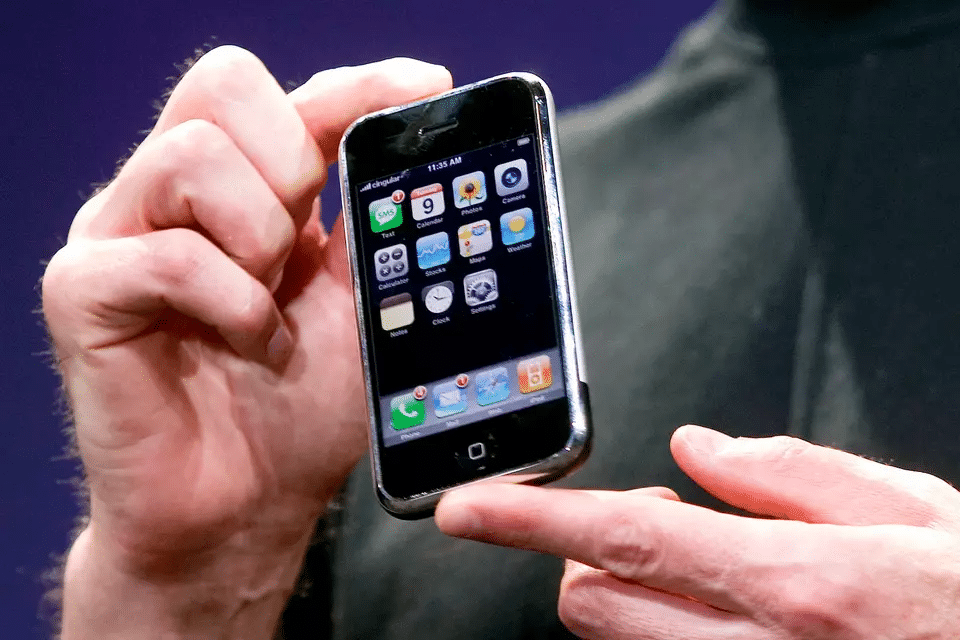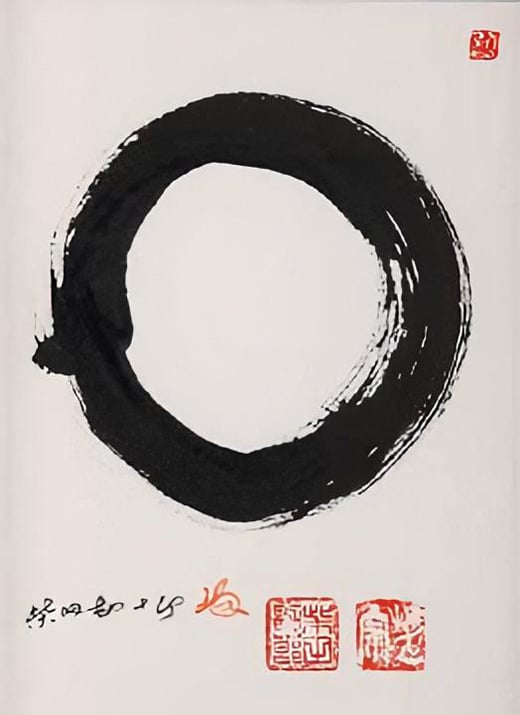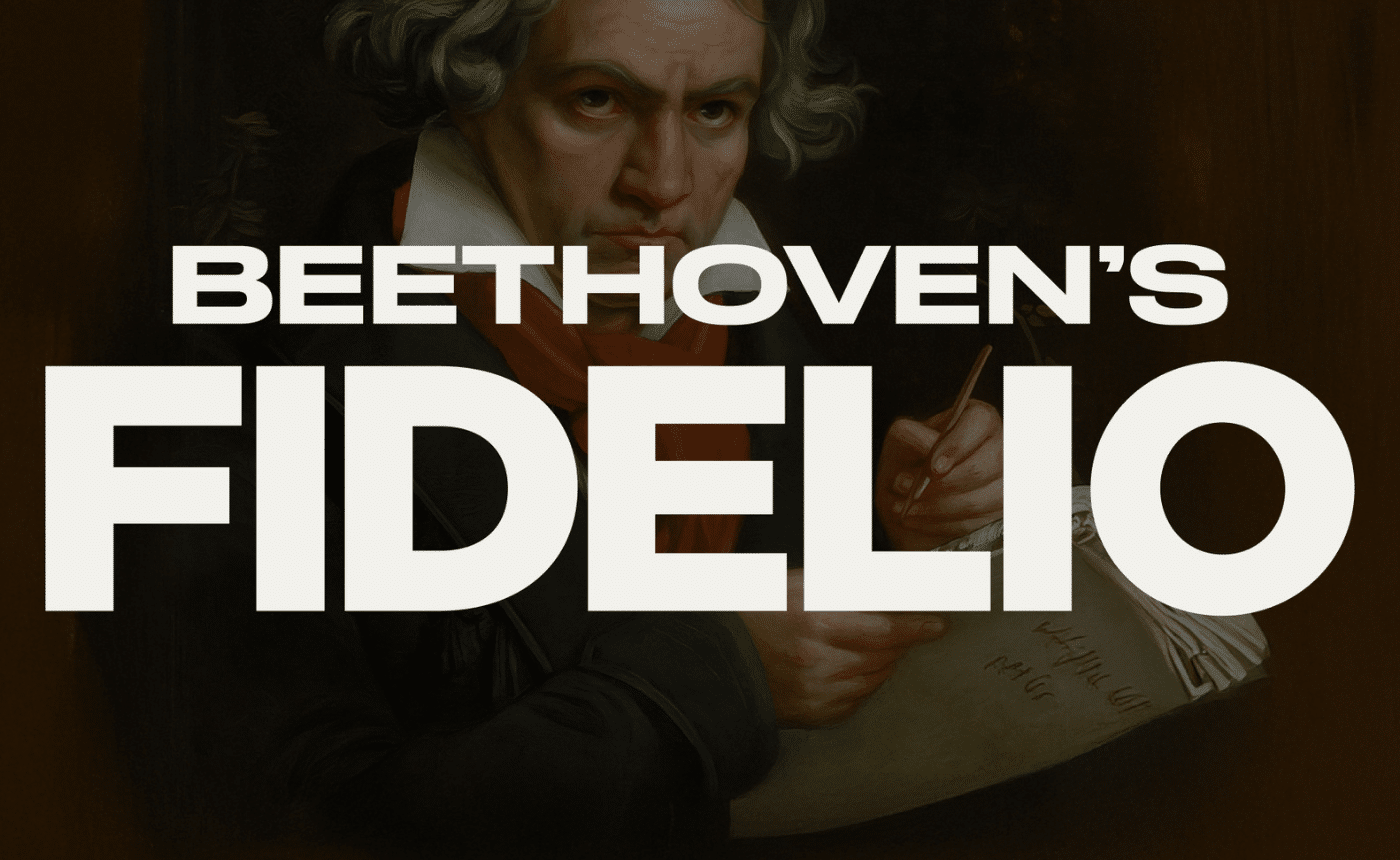The (R)evolution of Steve Jobs Online Learning by Dr. Ross HagenMason Bates and Silicon Valley
Mason Bates’ large-scale works like Mothership and The (R)evolution of Steve Jobs illuminate how technology industries increasingly use classical music (both old and new) to advance a particular vision of the world and technology’s place in it. The YouTube Symphony mentioned earlier is a case in point, because even as it brought together musicians from around the world it also depended upon them donating their time and talent to the project. In a lot of ways it was rather comparable to an unpaid internship, and is also illustrative of how platforms like YouTube, Instagram, and TikTok market themselves on creating “connections” and bringing people together while profiting from the content created by their users. It was definitely not a union gig.

These relationships have not escaped criticism, and the musicologist Marianna Ritchey has been particularly skeptical of the entire scenario around composers and Silicon Valley, and Bates’ role in particular. Regarding The (R)evolution of Steve Jobs, she argues that much of the opera seems to be less about Steve Jobs himself than a celebration of Apple’s iPhone and its minimalistic design inspired by the Buddhist ensō circle. This orientation smooths over any discomfort at Jobs’ various personal failings and ruthlessness while also associating Apple with the aesthetics and goals of Zen Buddhism. After all, enlightenment may not really be something that can be purchased, but it is certainly something that can be sold (Ritchey notes that iPhone cases with the opera’s signature ensō circle are prominently spotlighted in the opera’s merch). Music always plays a vital role in such branding, whether the loftiness of classical music and opera, the cool hippie vibes of the 1960s counterculture, or the techno-optimism of electronica. Tech companies also seem to have taken a particular interest in classical music, latching onto its existing aura of individual genius, virtue, creativity, and universality. The early scene in (R)evolution where Jobs rhapsodizes about creating a computer that the user plays and “connects” with like a musical instrument (with additional connections to math and God) essentially articulates this ideal in a nutshell. This is not exactly a new situation – classical music organizations and composers have always had to have one ear on the pulse of whoever might pay the bills, while those patrons expect to get something out of the arrangement as well. Mason Bates has been particularly active in cultivating these sorts of connections, producing high-tech multimedia musical events with companies like Google and Cisco, featuring original music that aligns with their visions. Even his new animated orchestral piece Philharmonia Fantastique (note the nod to both Berlioz and Disney), is marketed as an exploration of the “age-old connection between creativity and technology.”

This connection is certainly worth exploring, although blind optimism about Silicon Valley’s roles in the world of music is also worth questioning. As with other aspects of everyday life for many in the USA and beyond, it is hard to overestimate the impact of Apple and its fellow tech companies on music composition, production, and consumption, even just in the 21st century. The development of the Apple iPod and iPhone ran parallel with massive upheavals in the ways people experience and purchase music. The iPod helped to solidify the listening public’s turn away from compact discs and other physical media by making libraries of digital mp3 files portable, and the Apple Music platform created a self-contained commercial ecosystem. It was relatively “frictionless” for the user and promised to deliver at least some income to the artists, as opposed to digital file-sharing services like Napster. Even that seems somewhat old-fashioned today, when music is often accessed by subscription via cellular networks and Internet service providers, and listened to via opaque software that covertly collects and tracks listeners’ habits to sell off as marketing data. Yet musicians themselves find that while it’s easier than it’s ever been to make and distribute music, the bulk of available income still flows to a sliver of best-selling artists. In a lot of ways it’s the same as it ever was, with the tech companies taking on the lucrative roles once played by record labels, music retailers, and distribution companies. Yet in truth, today’s seemingly inescapable situation has really only been in effect for about a decade or two, and it’s impossible to know what things might be like in the near future. AI music is already available, and while it’s quite hacky at the moment perhaps a future version will be able to write operas about itself without needing to commission a carbon-based composer. It’ll surely write its own program notes as well.





